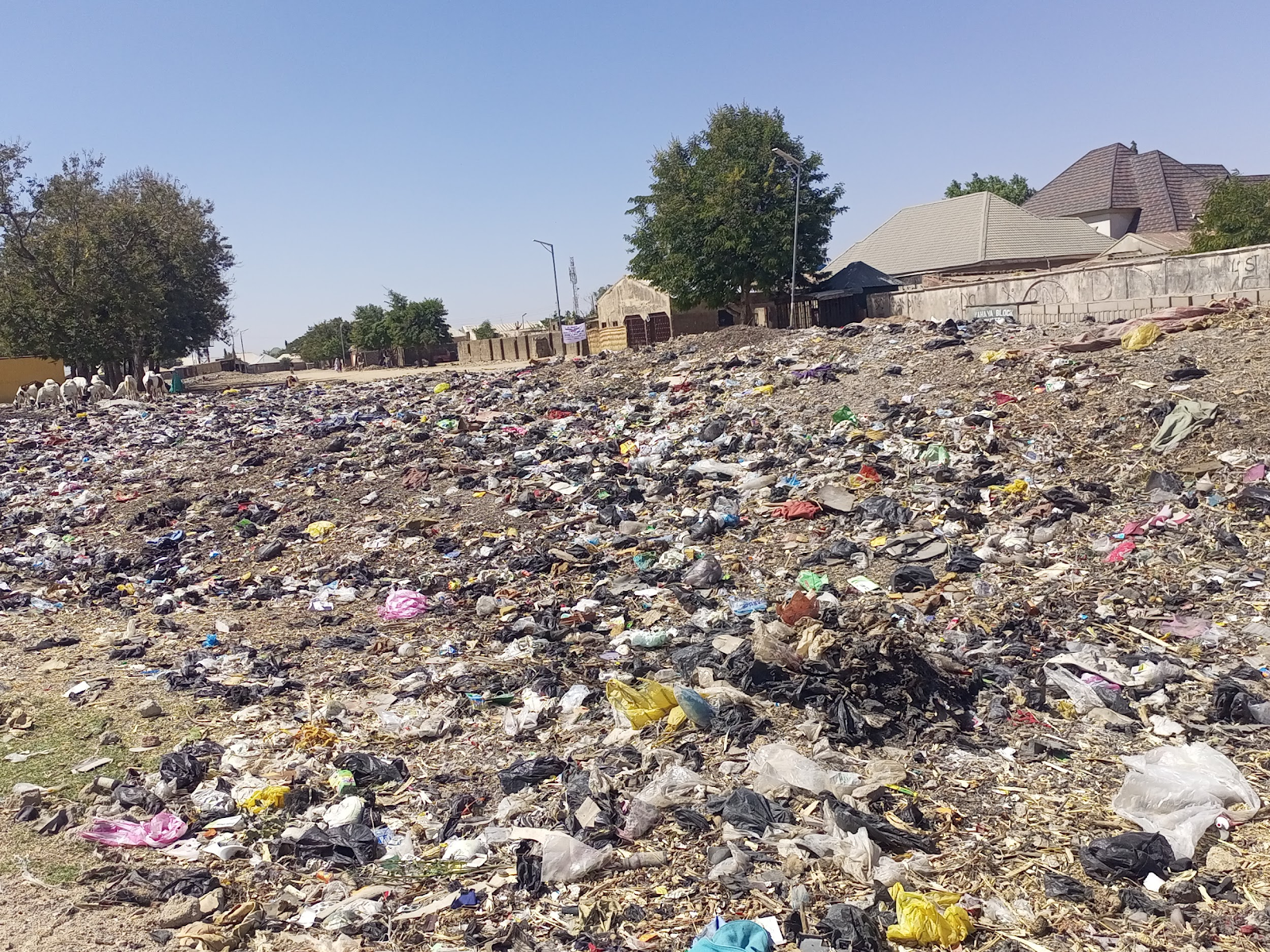HOW LAND DEGRADATION AFFECT FARMERS IN BIU LOCAL GOVERNMENT AREA
By: Fatima Bintu Idris
Communities in Borno state, largely depend on farming systems to ensure food security. In southern part of the state, Biu local government area is known as the food basket of the state, but in recent years, people experienced poor harvests for reasons unknown.
Maryam Mohammed said they had a bad harvest caused by an unknown factor even after following all farming strategies, their crops still failed them.
Unlike Maryam, another farmer - Halima Bukar was able to identify that her farmlands no longer function the way they used to because the soil is not fertile anymore.
“We don't have access to advanced technological farming equipment which will help us rectify the problem to curtail food scarcity from being a threat to us.”
However, these women use what they farm to take their children to school and pay their bills but land degradation is limiting their source of income, where their children might be at the receiving end of the ripple effect.
Many farmers in Biu struggle with infertile land due to indiscriminate refusal disposal that led to the release of methane into the earth's surface among other harmful substances.
Speaking to the Head of Geography Department, College of Waka Biu, Mohammed Suleiman, stated that "The soil is mostly found in the steep or gentle slopes associated with so much erosion whenever there is rain."
Suleiman further noted that it is also the same case for soil on the low land due to the presence of valleys.
“Climate change has a great impact on Biu plateau. Land degradation greatly affects farming activities during both rainy and dry seasons,” He said.
The Head of Department, Sulaiman highlighted other factors that are contributing to climate change in the area.
"People in Biu depend largely on the forest for their source of energy in terms of firewood for cooking, which emits greenhouse gases contributing to climate change. Regardless of the impact, people have no other ways of survival in the region".
Food and Agriculture Organization FAO (2017) have identified five major soil types on the Biu plateau which include: arenosols, gleysols, leptosols, luviso, and phaeozems
According to a 2019 Global Journal of Research and Review shows that, the rate of solid waste generation has increased to a devastating and uncontrollable rate in Nigeria as a result of human daily and economic activities, the issue of indiscriminate solid waste disposal is a global one.




Job well done dearest sister
ReplyDelete